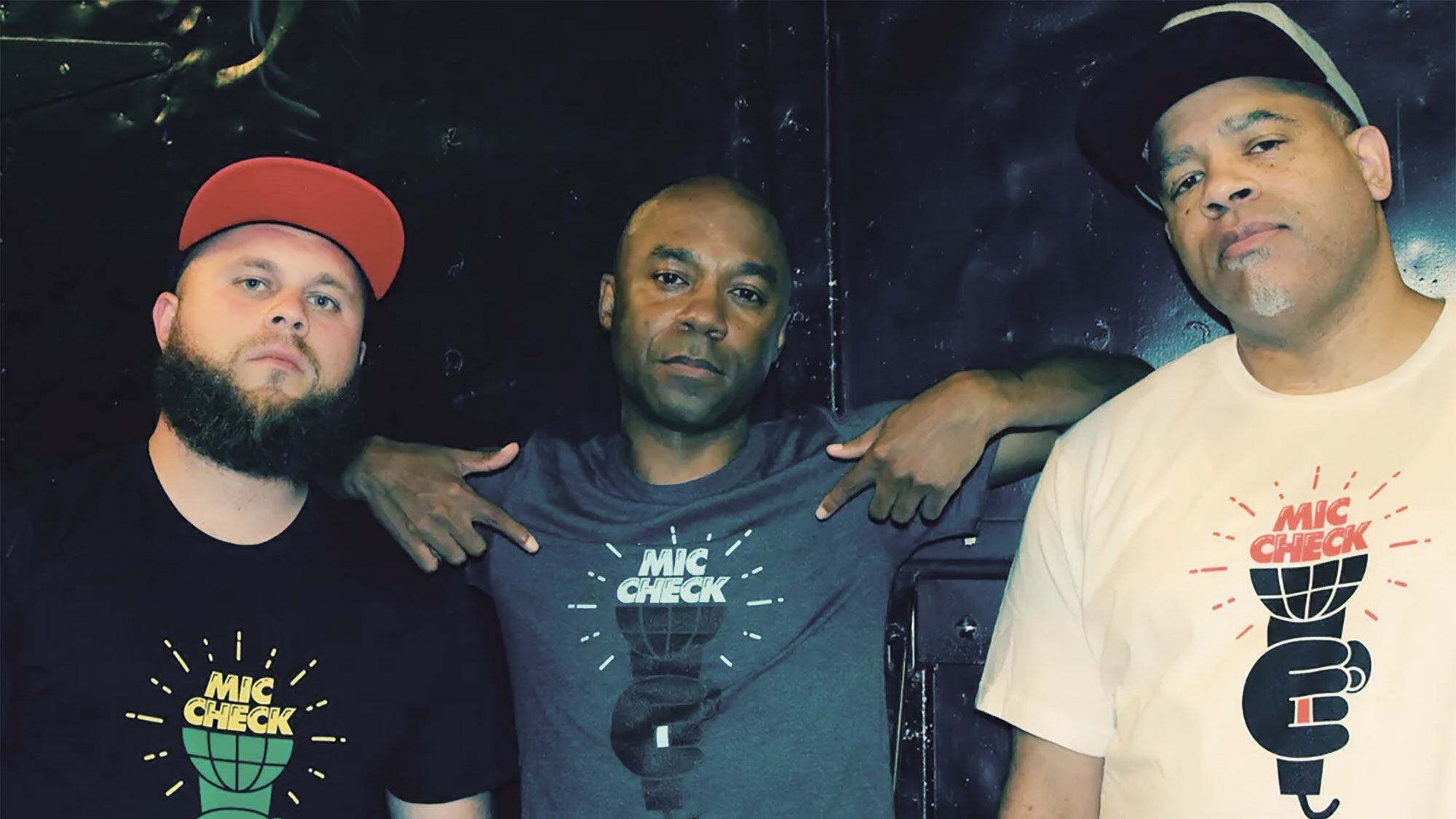Portland's hip-hop scene is often described with a narrative similar to that of the city's Black community—that it doesn't really exist.
But as Portland Blacks and hip-hop heads alike can attest, that's simply not true, and the race and the genre aren't synonymous. For four years, Mic Check has existed as a space where raw talent and true hip-hop fandom can come together in appreciation regardless of color.
But last summer, around the same time Portland Hip-Hop Day was undergoing major restructuring, Mic Check unexpectedly announced it was going on indefinite hiatus.
Klyph—along with local legend StarChile, producer Trox, and photographer Renée Lopez—started Mic Check in 2016 to offer a platform for established local rappers, as well as a stage for up-and-comers with a particular prowess to spit, at a time when Portland police were targeting hip-hop shows and venues.
The showcase was really StarChile's baby, though, and after his unfortunate passing in 2018 from cancer, Klyph grappled with how to go on, which eventually led to his hiatus.
WW talked to Klyph, who also hosts XRAY.FM's Welcome to the Neighborhood and the podcast Kylph Notes, about why he's bringing Mic Check back now and what he's changing.
WW: What was it like for you taking over after StarChile passed?
DJ Klyph: It was just different for me, being more than just the curator. There were a lot of growing pains, and I was just trying to figure it out because Star did all the heavy lifting, in reality. That's why people saw it go from monthly to quarterly to bimonthly.
Is that why you decided to give Mic Check a break for a little bit?
I looked around at what was happening in Portland in terms of opportunities, and things looked so different, but in a positive way. It's like there's something happening every night of the week now, and I feel like we did a great job in helping to massage that along, but it's like what do we want to do now? So I said, 'Well, let's just step back from doing a regular situation.' For me, it was about balance—finding a balance between the radio show, the podcast, being a family man, my 9-to-5, and not wanting to misrepresent what we originally created with Mic Check. I wanted to make sure that what we're putting on was super high quality.
So then what made you bring it back now?
When you're doing a creative thing, you wonder if people are really listening or paying attention. But once you take something away, people start to have conversations about how much they value what you're doing. And personally, I missed it, too. Like, I love playing local artists on the radio show, and I love being able to host local artists on the podcast, but to be able to provide a platform for artists to perform just feels like that third piece that I can give to Portland.
What do you think sets Mic Check apart from other rap showcases like Bossin' Up or the Thesis?
The idea of doing Mic Check was always about celebrating lyricism and really celebrating hip-hop. That's inclusive of rap, sure, but it's really about peace, love, unity and having fun, and we wanted to incorporate all of that.
What are your plans for future Mic Checks? How will they be different than before?
I want them to be like the one we just did. I feel like that was one of the best ones we've ever done, and we've had some dope lineups. It was the first time we ever did a multigenre night, so it wasn't just hip-hop. The artists we had all killed it, it was fun. I don't see it being more than bimonthly, though. My hope is that the month off will give people the opportunity to recover from what we're going to be doing because it's going to be big. The next one is in April, and we're gonna see where it goes from there. We'll see.

